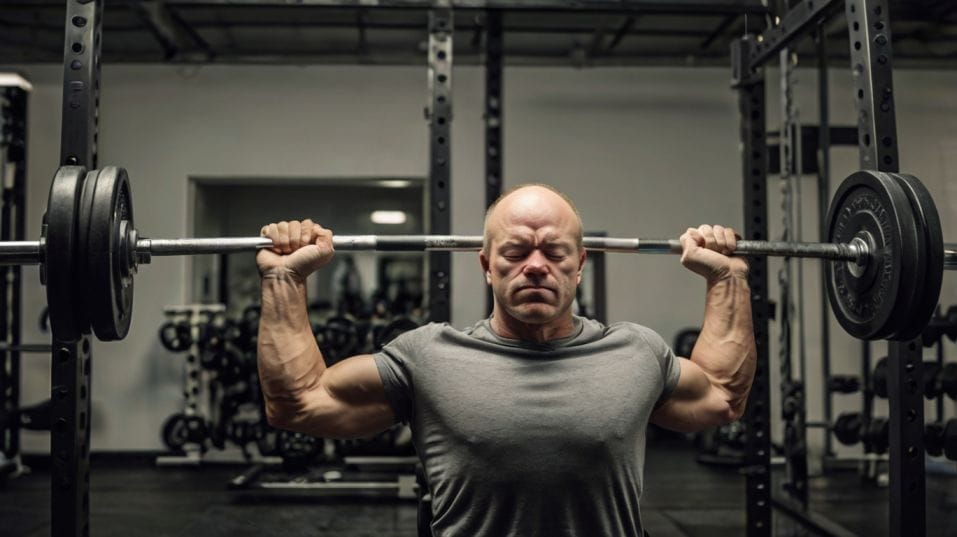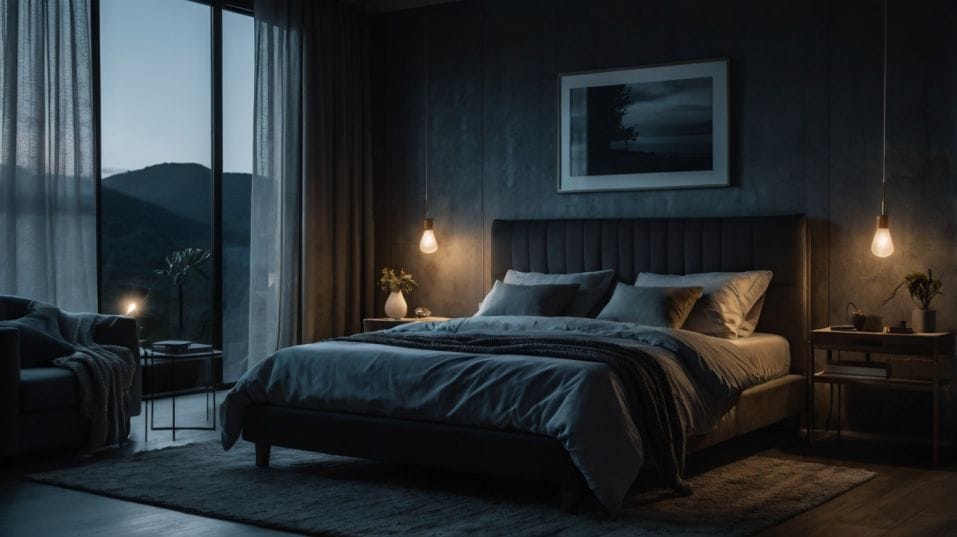How Sleep Helps You Adapt to Physical Training
Discover how better sleep can boost your recovery, accelerate muscle growth, and help every workout deliver real, lasting results.

What if the secret to faster gains, better recovery, and more energy isn’t in your workout—but in your sleep?
If you’re pushing hard in training but dragging through the day, your recovery system might be off. Sleep isn’t a luxury—it’s your performance engine.
Skip it, and you’re shortchanging your progress. Nail it, and everything gets easier. Here’s how sleep powers your adaptation, rebuilds your body, and helps every workout actually work.
Sleep Is When the Real Gains Happen
Every squat, sprint, or push-up breaks you down on a microscopic level. Your muscles tear, your nervous system gets taxed, your fuel stores dip. Training creates the demand—but sleep handles the repair. No recovery, no adaptation.
During deep sleep, your body floods with growth hormone. This isn’t some abstract fitness buzzword—it’s the real driver of muscle repair, tissue regeneration, and fat burning.
This hormone peaks during slow-wave sleep, also known as deep sleep, which usually happens earlier in the night. It’s why consistent bedtimes matter.
When your sleep is all over the place, you miss out on this anabolic (muscle-building) window.
REM sleep—often mistaken as just “dream time”—also plays a major role. This is when your brain reinforces motor patterns and consolidates new skills.
That complex lift you struggled with at the gym? Your brain replays and sharpens it while you sleep. This is where true performance improvement locks in.
No supplements can mimic this. No protein powder can replace it. Your body does its best work when you're off the clock—dead asleep.

Sleep Recharges Your Nervous System
There’s more to recovery than just muscle soreness. Your central nervous system (CNS) takes a hit every time you train hard.
That’s why, after a tough session, you might feel mentally foggy, sluggish, or like your reaction time is shot. That’s CNS fatigue, and sleep is the only real fix.
Quality sleep restores the balance between your sympathetic (fight-or-flight) and parasympathetic (rest-and-digest) systems.
It lowers cortisol, resets neurotransmitters, and brings your system back to neutral so you can hit your next workout with full power—not just grind through it half-fried.
This matters whether you're lifting weights, running laps, or doing yoga. Your nervous system is the bridge between intention and movement.
When it’s fully recovered, your performance feels effortless. You move better, react quicker, and fatigue slower.
Better Sleep = Better Hormonal Balance
Training without recovery creates stress. Not just muscle soreness, but hormonal stress. Poor sleep increases cortisol—the stress hormone that can blunt muscle growth, increase fat storage, and mess with your mood and motivation.
At the same time, it reduces testosterone and growth hormone, which are key players in muscle repair and strength gains.
When you sleep well, your hormones reset to optimal levels. Testosterone rises naturally during sleep, especially in the REM stages.
Growth hormone surges in early deep sleep. Together, these support lean muscle growth, fat metabolism, and energy regulation. You don’t need synthetic help—your body’s already built to do this. You just have to let it.
How to Make Sleep Work for Your Training Goals
You don’t need to sleep 10 hours a night or build a monk-like nighttime routine. But consistency and quality matter more than most people think.
Here's how to get your sleep pulling its weight in your fitness routine—without turning your life upside down.
Lock in a Sleep Schedule
Your body thrives on rhythm. Going to bed and waking up at the same time every day—even weekends—helps anchor your internal clock.
That means more consistent sleep cycles, better hormone timing, and deeper sleep overall. If you only change one thing, make it this.
Design a Recovery-Ready Environment
Your bedroom isn’t just a place to crash. It’s your recovery lab. Keep it cool—around 60 to 67°F. Lower temps promote deeper sleep and better REM cycles.
Keep it dark. Blackout curtains are a worthy upgrade. Even tiny bits of light can mess with melatonin, your natural sleep hormone.
Kill the Noise, Kill the Screens
Disruptions ruin recovery. Use white noise if you’re dealing with outside sounds. And put your phone down at least 30 minutes before bed.
The blue light from screens delays melatonin release, keeping your brain artificially wired when it should be winding down.
Cut the Late Caffeine and Workouts
Caffeine stays in your system longer than you think—up to 8 hours. If you’re hitting the pre-workout hard in the afternoon, you’re probably sabotaging your sleep.
Same goes for late-night workouts. You’re sending your body into go-mode when it should be slowing down. Push your sessions earlier in the day if possible.
Refuel Right After Training
Eating the right combo of protein and carbs after a workout helps your body shift more efficiently into recovery mode.
You don’t need a massive meal—just something to support muscle repair and refill glycogen. This gives your body what it needs before sleep kicks in.
Final Thoughts
Your training doesn’t end when you leave the gym—it continues while you sleep. That’s when your muscles rebuild, your brain refines movement, your hormones rebalance, and your nervous system recharges.
No amount of extra reps or better macros can replace what great sleep delivers. If you’re ready to see better results with less burnout, start by dialing in your sleep.
Pick a bedtime and stick to it. Dim the lights. Cut the noise. Treat your bedroom like the recovery zone it’s supposed to be.
No hacks, no fluff. Just the most powerful tool your body already has. Start tonight. Sleep with purpose. Wake up stronger.




